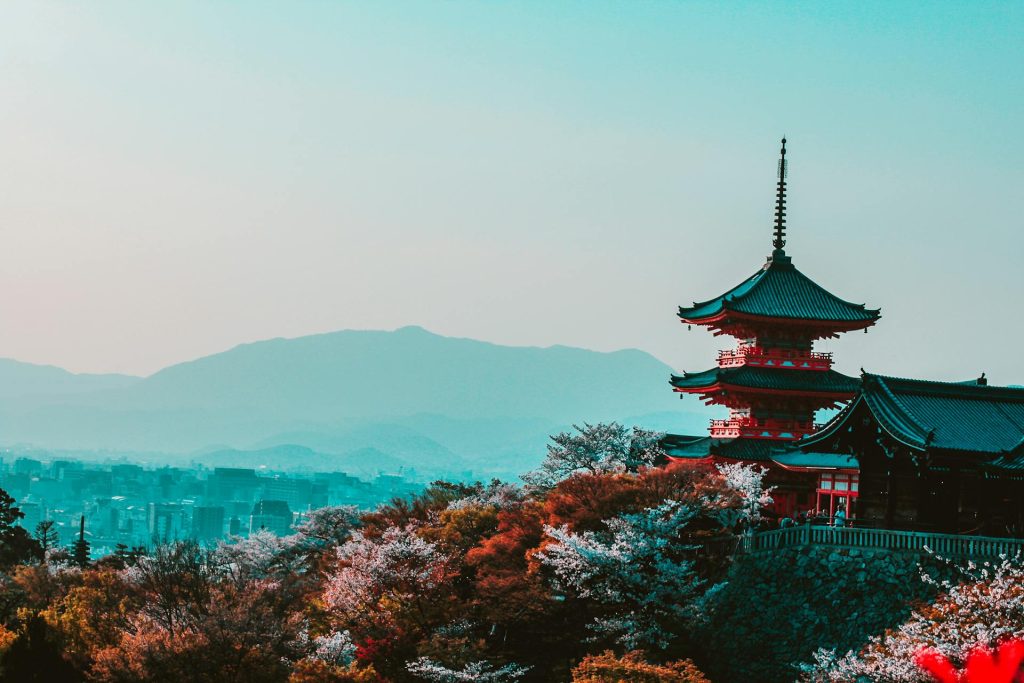Table of Contents
Procrastination is a thing that gets a lot of talk, especially in the generation that overuses social media platforms. You might believe that procrastination is the same as laziness, but that might not be how you perceive it.
So, what’s procrastination?
If you want a clear answer in one word, it is overstimulation. In today’s seamless social media platforms, flawlessly consuming lots of unuseful content with no meaning can lead to overstimulation. It is a form of state where you will notice you can’t get out of your phone. You are experiencing brain fog. In this genrations shop talk, YOUR BRAIN AIN’T BRAINING.
Today’s social media algorithm keeps you engaged longer, releasing your dopamine hormone each time you scroll through a TikTok, a Facebook reel or a YouTube short.
You might question what dopamine is and how it works.
Dopamine is a hormone that drives us to get things, a hormone of pleasure, motivation, and satisfaction. With each good circumstance that happens to you, your body’s system releases drops of dopamine. Our brain has a baseline to balance it for our good. To balance dopamine, it creates a dip to baseline, the reason why we feel worse occasionally after passing commodity goods to us.
With every scroll of social media, dopamine is released. Our baseline brain can’t keep up with so much release in a short period, making us overstimulated, resulting in procrastination.
Why is procrastination harmful to you? And why you should take a step on it?

Let’s become formal for a moment and look for the deep meaning of the word “Procrastination”.
Procrastination = The action of delaying or delaying a commodity.
In our day-to-day life, we experience a state of form when we aren’t enough motivated or driven to do the work which matters the most. We think to do it later. Later, we delayed a bit more. This cycle continues and turns into a matter of wrathfulness and a sense of failure at the end of the day.
The bad things that can happen for procrastination are:
- You will avoid your goals and dreams in life, and you won’t fully grasp the purpose of life.
- Delaying tasks leads to last-minute rush, which can negatively impact your mental health.
- The ‘Delaying cycle’ of procrastination may lead to a state of guilt, making us less motivated for our work.
- Procrastination leads to long-term problems where you will feel angry about yourself for not using time appropriately.
- You may not meet your deadlines, leading to poor outcomes.
- You can’t reach your full potential and can’t feel the self-growth in yourself.
- You will have low self-esteem and may stop believing in yourself.
- Procrastination may lead to physical health problems because it has a connection with mental health.
Now, you know why procrastination is bad and why you should worry about it. What about fixing this issue? As per the title, we are going to give simple steps to start, as bad habits are broken by taking small, consistent actions every day. We will provide methods and explain why they work.
The Kaizen Method

Kaizen is an emulsion of two Japanese words meaning’ nonstop enhancement’. It’s a business gospel which encourages us to ameliorate commodities with small changes. However, you will get nearly 37 times better at the end of the time, also known as the 1% rule, If you ameliorate yourself in a field by 1% every time.
Why this works:
- Small steps are easy to make and need less effort
- If you take a big step suddenly, you will feel burned out after a few days and lose the motivation to keep going.
5-Second Rule

If you’re unsure whether to start work or do it later, begin within 5 seconds. You will find it much easier to do the job than before.
Why this works:
- Our brain doesn’t like to break the flow. If you start doing a task only for 5 seconds, your brain is more likely to do the work now.
Eat the Frog

Start your day by attacking the most challenging task first in the morning.
Why this works:
- After a long restorative rest, your mind is fresh, making it easier to work in the morning.
- You will feel motivated after doing the task, leading to the momentum to keep up the same energy during the day.
Pomodoro Method

This method helps build focus deliberately. You have to work for a certain amount of time, like 25 minutes, and take a break for about 5 minutes. You can have a chocolate, talk to your friend or do anything restful in this break. After the break, resume the work. Until you finish the work, keep repeating this process.
Why this works:
- Your focus may be below the level of procrastination, and this method works on your focus without pressurizing too much.
- From time to time, you will feel your focus is much sharper. You will find it easier to do tasks than procrastinate.
Time-Blocking

Take a piece of paper and divide your tasks into time blocks of the day. It will give you a clear view of your time. You can also do the same in Google Calendar.
Why this works:
- If you start time blocking, you will see that you have a lot of time despite having lots of tasks to do lots of tasks to do.
- It gives you a better vision of your day-to-day life. You can divide it into weeks, months and years, which will help you in the long run.
Most important Step

Believing in yourself is the most significant step. Our mind is so stupid that it believes what we think. Believe you are capable. It also helps build self-esteem. The key to starting any action is to believe and do it consistently without thinking that much.
In summary, procrastination can occur in everyone’s life and may lead to negative consequences. It can happen to anyone. The magic happens when you take action to overcome it. So, you have to believe in yourself, take action and pursue your life to be purposeful.
